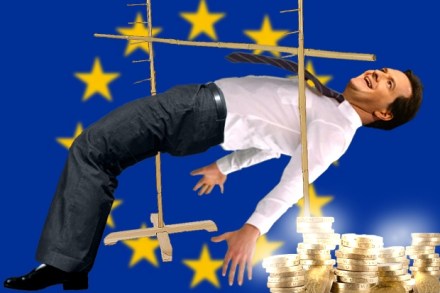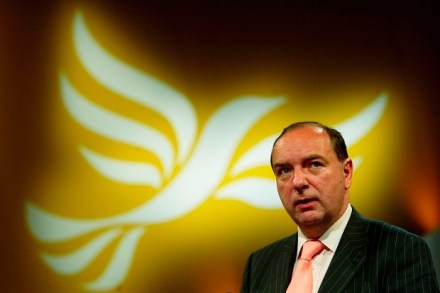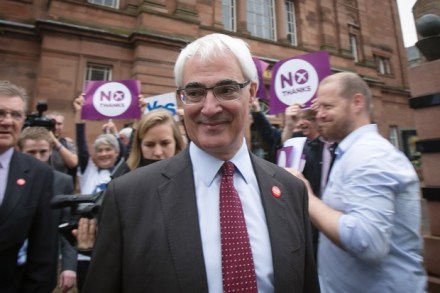Ed Balls outflanked by Tory backbenchers at Treasury questions
Ed Balls had two great lines of attack today at Treasury questions, but didn’t really manage to get any traction with either. He started his stint in the Chamber by trying once again to push the Chancellor on when the Treasury knew about the ‘surprise’ £1.7 billion EU bill, then moved on to the Conservatives’ failure to meet their net migration target. The first attack simply led to George Osborne saying this: ‘First of all, may I say that it is very good to see the shadow Chancellor in his place? We had heard disturbing rumours that there was going to be a shadow Cabinet reshuffle. We waited nervously by




















